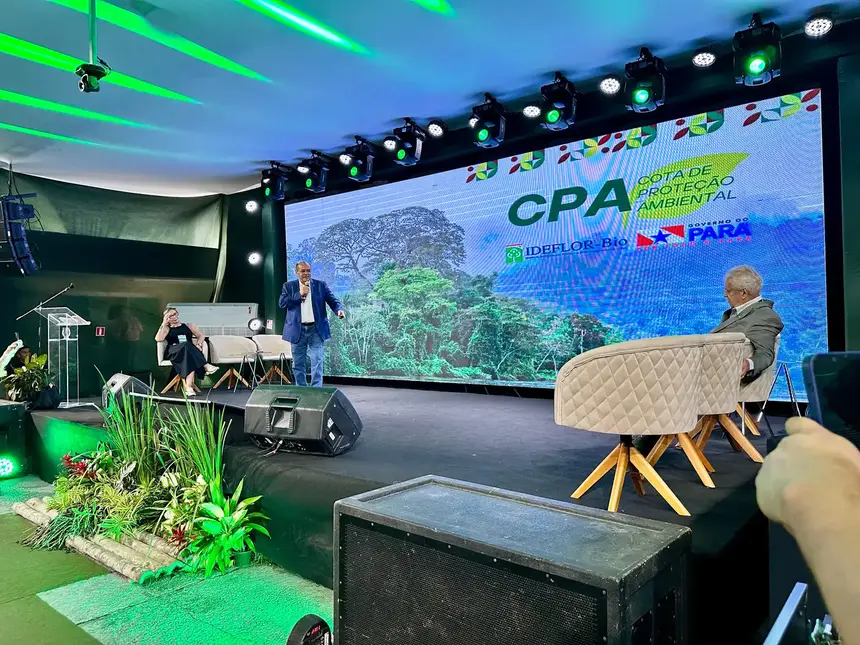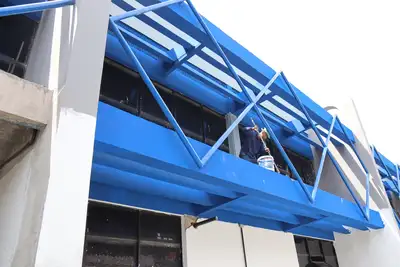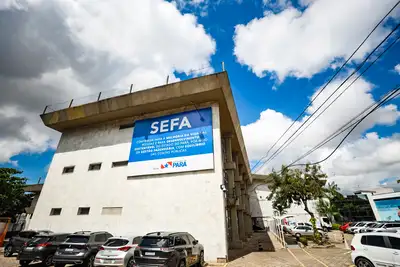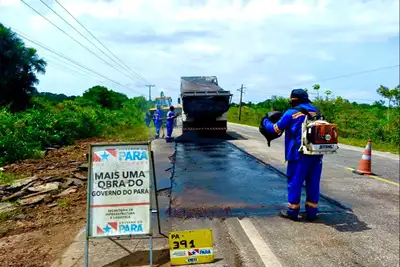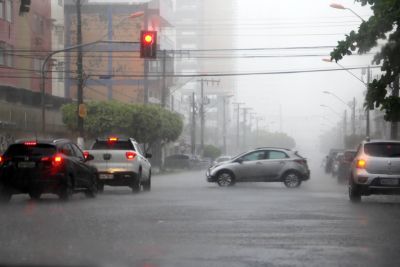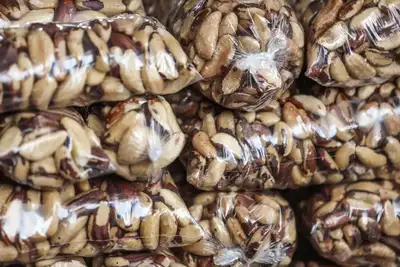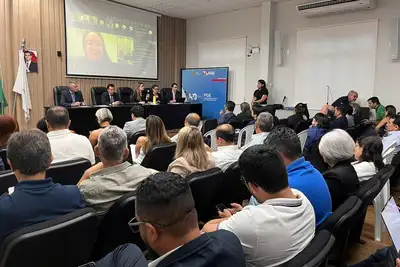Environmental compensation gains new momentum with Environmental Protection Quota (CPA), says president of Ideflor-Bio
The meeting at the Sectoral Chamber of Palm Oil brought together representatives from the productive and environmental sectors to discuss the impacts and opportunities of the new regulation, especially for rural landowners with consolidated environmental liabilities.
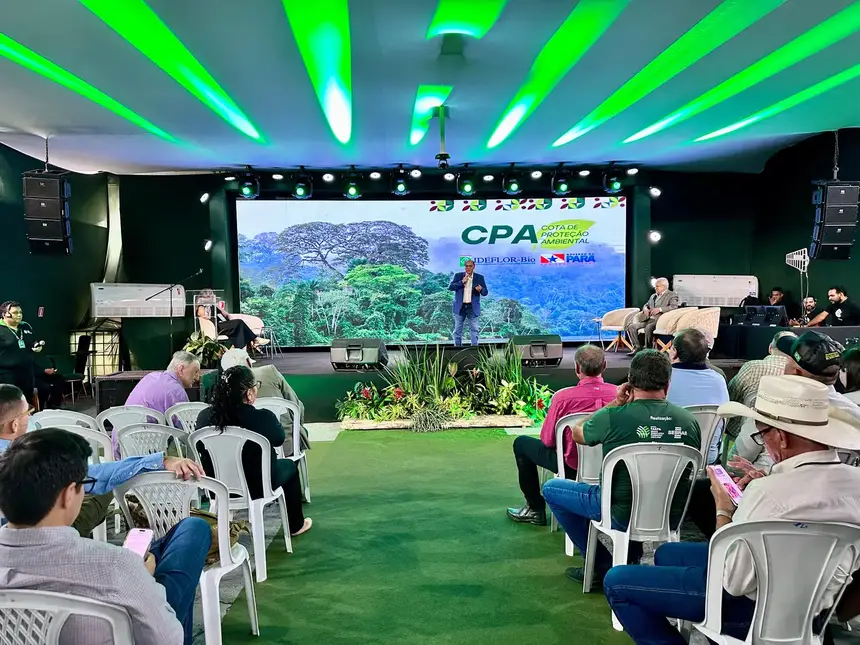
In a virtual presentation to the Sectoral Chamber of the Palm Oil Productive Chain, held on Thursday (26), the president of the Institute of Forest Development and Biodiversity of Pará (Ideflor-Bio), Nilson Pinto, highlighted the advances promoted by Ordinance No. 364/2025, which regulates the use of legal reserve compensation in conservation areas. The meeting brought together representatives from the productive and environmental sectors to discuss the impacts and opportunities of the new regulation, especially for rural landowners with consolidated environmental liabilities.
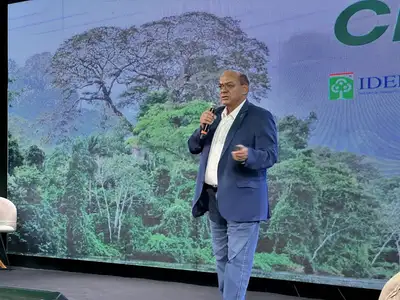
During the lecture, Nilson Pinto presented one of the main instruments of Pará's environmental policy: the Environmental Protection Quota (CPA). The mechanism allows rural properties with legal reserve liabilities up to July 2008 to regularize by acquiring quotas linked to state Conservation Units (UCs). “Economic production finances environmental protection. And environmental protection enables economic production. This is the logic of a policy that has the power to unite two historical interests of Pará: the development of the countryside and the conservation of the forest,” said the president.
Each CPA corresponds to one hectare of protected forest, valid for 15 years. The annual value of the compensatory quota is R$ 100, with a 40% discount for one-time payments of R$ 900. Non-compensatory quotas, aimed at voluntary donations, cost R$ 60 per hectare. According to Nilson Pinto, the expectation of the Government of Pará is to expand the permanent financing of the 29 state UCs based on this innovative model.
The president of Ideflor-Bio also emphasized the legal security of the CPAs. “The integrity of forest cover is guaranteed by the State, as well as the land tenure regularity of the areas linked to the CPAs. We are offering a solid, transparent, and digital path for rural producers to regularize their situation and, at the same time, contribute to the financing of environmental protection,” he highlighted. The entire process is conducted online, through the Ideflor-Bio website, with the issuance of a digital certificate at the end of the transaction.
With the certificate, the producer can approach the State Secretariat for the Environment and Sustainability (Semas) to formalize the compensation and advance in the environmental regularization process of the property. In addition to ensuring compliance with the Forest Code, the instrument can open access to rural credit, sustainable markets, and asset appreciation, unlocking historical bottlenecks in agricultural production.
At the end of the presentation, Nilson Pinto highlighted the importance of the CPA for Pará's climate policy, especially in the context of COP 30, which will be held in Belém. “We are delivering a concrete solution that transforms forest conservation into an environmental and economic asset. With this, the State positions itself as a national and international reference in climate and environmental governance,” he declared.


